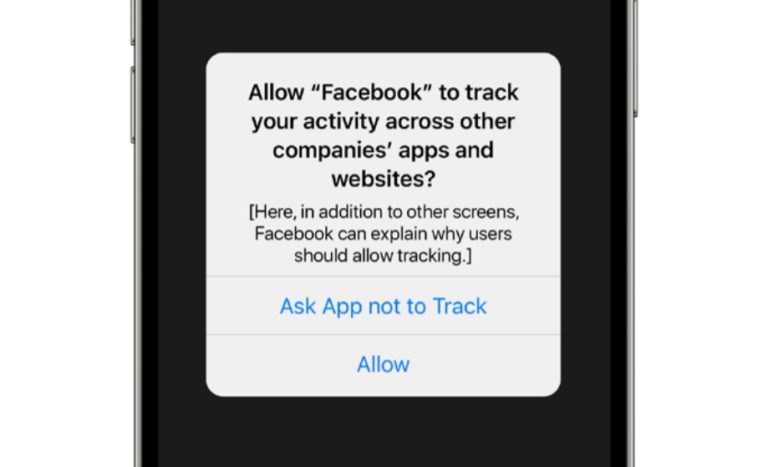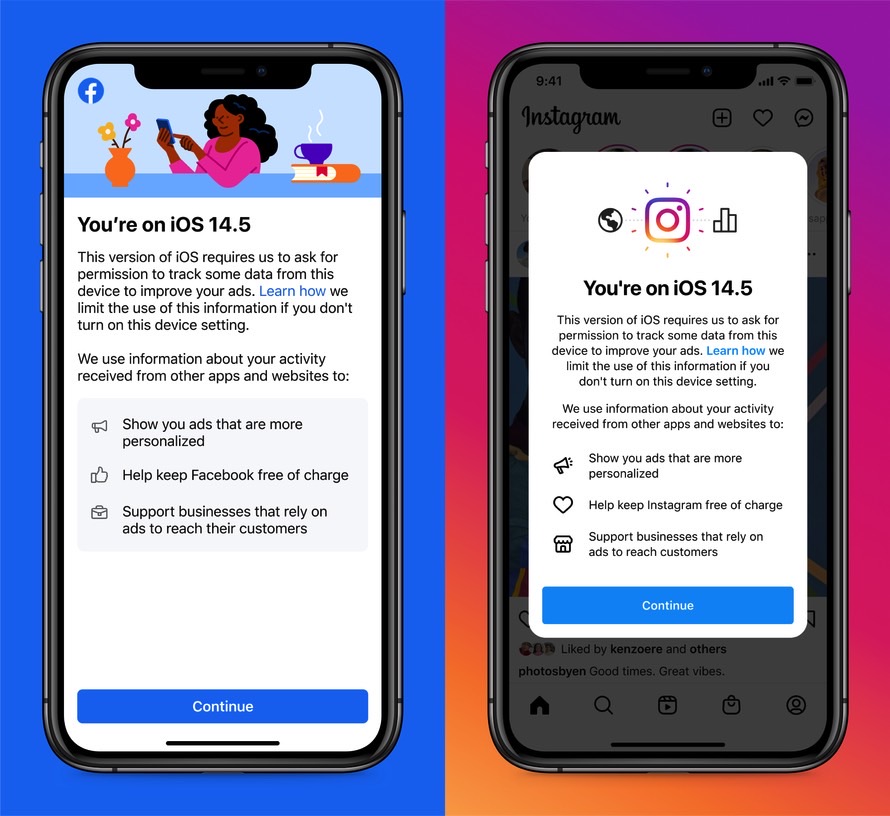Reports last year said that Google was looking at ways to limit tracking on Android, which would improve user privacy like Apple did with its new privacy features in iOS 14.5. But Google wasn’t sure how to do so without hurting its bottom line. Apple’s App Tracking Transparency (ATT) feature forces developers to ask for permission to track iPhone and iPad users. It’s a move that enraged Facebook last year.
Google wasn’t anywhere near as vocal as Facebook when it came to protesting against Apple’s strong privacy features at the time. Nearly a year later, Google is ready to commit to making privacy changes on Android that are similar to ATT. However, Google wants to keep tracking you on Android so that advertisers can continue to sell targeted ads on the platform.
Facebook (now Meta) launched a massive campaign last year against the iPhone’s app privacy labels and anti-tracking features. Facebook was unsuccessful in convincing Apple to drop the features. Then, earlier this year, Facebook announced that Apple’s privacy changes would decrease ad revenue by $10 billion. The news tanked Facebook’s stock, wiping $232 billion from the company’s market cap.
Google preferred not to criticize Apple’s privacy features last year, ultimately rolling with the punches. But in its Privacy Sandbox announcement for Android, Google did take a shot at Apple.
Google now thinks that “blunt approaches are proving ineffective,” which might refer to Apple’s anti-tracking features for iPhone. But Facebook has already proven that Apple’s methods are effective.

Google’s anti-tracking features for Android will take time
“We realize that other platforms have taken a different approach to ads privacy, bluntly restricting existing technologies used by developers and advertisers,” Google said. “We believe that — without first providing a privacy-preserving alternative path — such approaches can be ineffective and lead to worse outcomes for user privacy and developer businesses.”
“Our goal with the Privacy Sandbox on Android is to develop effective and privacy enhancing advertising solutions, where users know their information is protected, and developers and businesses have the tools to succeed on mobile,” the company continued. “While we design, build and test these new solutions, we plan to support existing ads platform features for at least two years, and we intend to provide substantial notice ahead of any future changes.”
What Google plans to do to limit tracking on Android is to remove the advertising ID from the process. This is a “multi-year” initiative, so the Privacy Sandbox will take time to deliver anti-tracking features to Android.
Also, anti-tracking doesn’t quite describe the technology that Google wants to deploy. And Google doesn’t actually say how Android will continue tracking users while improving their privacy. These “more private advertising solutions” will still allow the collection of some data. After all, that’s the only way to sell targeted ads, which is something companies like Google and Facebook want to keep doing.
“These solutions will limit sharing of user data with third parties and operate without cross-app identifiers, including advertising ID,” Google said. The company also wants to develop technology to prevent covert tracking on Android.
Google does have an initiative similar for Chrome, where it wants to replace third-party cookies with Topics. The latter might be used on Android as well.
Facebook likes the Privacy Sandbox

Google wants to work with developers on the new Privacy Sandbox for Android. The first design proposals are available on the Android developer site. But the whole project will take time. A beta for the new Android ads initiative will be available by late 2022 to developers.
Google also wanted to clarify that other companies that depend on advertising are on board with the anti-tracking changes. Google included comments from Snap, Rovio, and Duolingo in the press release. But it’s the praise from Facebook that might matter most, as seen above.
Even if it wanted to, Google couldn’t just copy Apple’s anti-tracking approach. Google faces plenty of scrutiny from regulators, which includes an ad-related antitrust lawsuit. Blocking user-tracking on Android as bluntly as Apple did on iPhone might prompt additional investigations.







